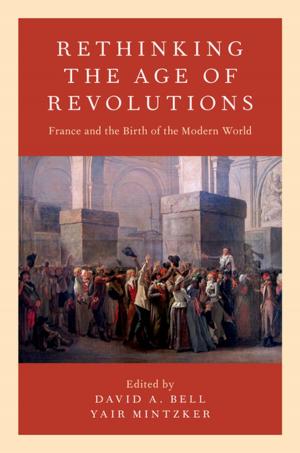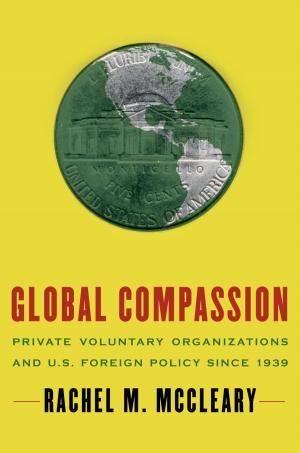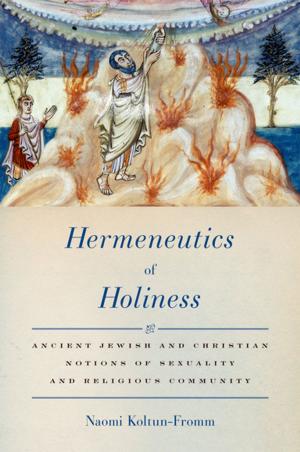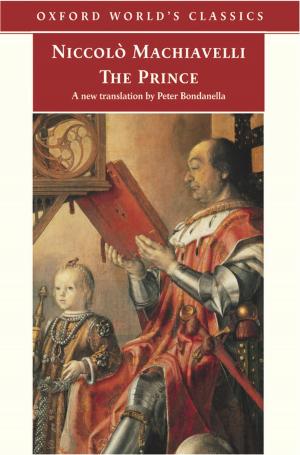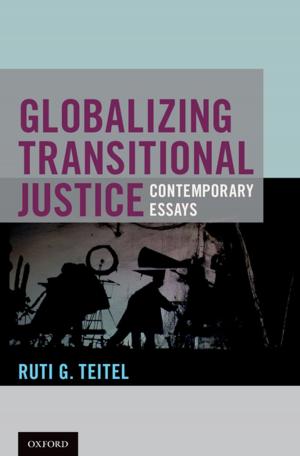Unscripted America
Indigenous Languages and the Origins of a Literary Nation
Fiction & Literature, Literary Theory & Criticism, American, Nonfiction, Reference & Language, Language Arts, Linguistics| Author: | Sarah Rivett | ISBN: | 9780190492588 |
| Publisher: | Oxford University Press | Publication: | October 27, 2017 |
| Imprint: | Oxford University Press | Language: | English |
| Author: | Sarah Rivett |
| ISBN: | 9780190492588 |
| Publisher: | Oxford University Press |
| Publication: | October 27, 2017 |
| Imprint: | Oxford University Press |
| Language: | English |
In 1664, French Jesuit Louis Nicolas arrived in Quebec. Upon first hearing Ojibwe, Nicolas observed that he had encountered the most barbaric language in the world--but after listening to and studying approximately fifteen Algonquian languages over a ten-year period, he wrote that he had "discovered all of the secrets of the most beautiful languages in the universe." Unscripted America is a study of how colonists in North America struggled to understand, translate, and interpret Native American languages, and the significance of these languages for theological and cosmological issues such as the origins of Amerindian populations, their relationship to Eurasian and Biblical peoples, and the origins of language itself. Through a close analysis of previously overlooked texts, Unscripted America places American Indian languages within transatlantic intellectual history, while also demonstrating how American letters emerged in the 1810s through 1830s via a complex and hitherto unexplored engagement with the legacies and aesthetic possibilities of indigenous words. Unscripted America contends that what scholars have more traditionally understood through the Romantic ideology of the noble savage, a vessel of antiquity among dying populations, was in fact a palimpsest of still-living indigenous populations whose presence in American literature remains traceable through words. By examining the foundation of the literary nation through language, writing, and literacy, Unscripted America revisits common conceptions regarding "early america" and its origins to demonstrate how the understanding of America developed out of a steadfast connection to American Indians, both past and present.
In 1664, French Jesuit Louis Nicolas arrived in Quebec. Upon first hearing Ojibwe, Nicolas observed that he had encountered the most barbaric language in the world--but after listening to and studying approximately fifteen Algonquian languages over a ten-year period, he wrote that he had "discovered all of the secrets of the most beautiful languages in the universe." Unscripted America is a study of how colonists in North America struggled to understand, translate, and interpret Native American languages, and the significance of these languages for theological and cosmological issues such as the origins of Amerindian populations, their relationship to Eurasian and Biblical peoples, and the origins of language itself. Through a close analysis of previously overlooked texts, Unscripted America places American Indian languages within transatlantic intellectual history, while also demonstrating how American letters emerged in the 1810s through 1830s via a complex and hitherto unexplored engagement with the legacies and aesthetic possibilities of indigenous words. Unscripted America contends that what scholars have more traditionally understood through the Romantic ideology of the noble savage, a vessel of antiquity among dying populations, was in fact a palimpsest of still-living indigenous populations whose presence in American literature remains traceable through words. By examining the foundation of the literary nation through language, writing, and literacy, Unscripted America revisits common conceptions regarding "early america" and its origins to demonstrate how the understanding of America developed out of a steadfast connection to American Indians, both past and present.


